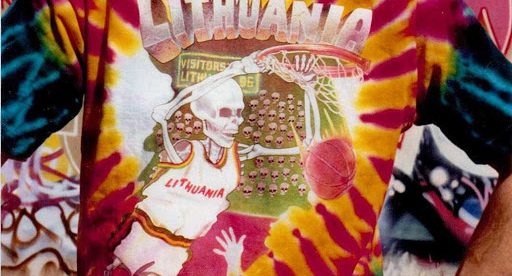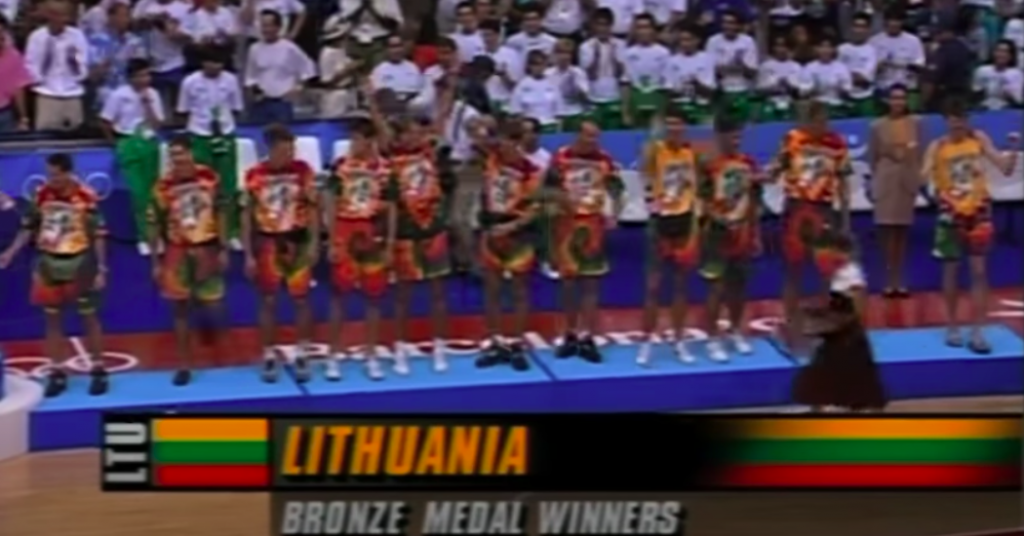Lithuania’s Long, Strange Trip to Barcelona


On July 25, 1992, the Spanish city of Barcelona hosted the Summer Olympics, but these games were a bit different. The Soviet Union had just dissolved in December of 1991, and most of the former Soviet republics simply weren’t equipped to send their own, independent teams. The Olympic organizers came up with a solution, allowing athletes from these areas to compete under the Olympic flag as part of a “Unified Team.” But not all of the former Soviet republics were part of this reunited group. The Baltic states — Latvia, Lithuania, and Estonia — were among the first to withdraw from the USSR, and they wanted to compete on their own.
And for Sarunas Marciulionis and many other Lithuanian athletes, this was a problem. Marciulionis was one of the stars on the USSR’s national basketball team that took home a gold medal in the 1988 Games, but now, he’d be playing for Lithuania — if he could get there. His small nation, newly re-independent, simply didn’t have enough money to send a full slate of athletes to Barcelona. Absent some outside money, it looked unlikely that Marciulionis and the other Lithuanian basketballers would make it to the Games.
Marciulionis, though, had a way forward. Because of his successes in Seoul, the Soviet government had given him permission to play professionally in the United States; in 1989, he joined the NBA’s Golden State Warriors. That gave him access to the American public. As Bleacher Reports explains, Marciulionis “worked with Golden State’s assistant coach Donnie Nelson to raise funds in the U.S.” This caught the attention of the American press, and “a newspaper wrote a story about their cause” shortly thereafter. And someone important took notice. Per Bleacher Report, “soon after Nelson received a call from a representative of the legendary rock band The Grateful Dead.”
The Dead, who were fans of both freedom and basketball, invited the Lithuanian star (and Nelson, too) to a concert. And afterward, the band presented Marciulionis with a surprise gift — tie-dyed t-shirts (in the Dead’s trademark style) made especially for the Lithuanian basketball team, as seen above. And more importantly, they wrote them a check large enough to cover the team’s expenses in Barcelona.
The Lithuanian team ended up winning the bronze medal, beating a team made up of former Soviets in that consolation game. And while the team wore basketball uniforms on the court, they paid homage to their supporters on the medal stand. As seen below, Lithuania received their bronze medals wearing some very colorful outfits.

Bonus fact: In 1989, to protest Soviet control, the three Baltic states decided to connect their capitals by hand — literally. Nearly 2 million citizens of Latvia, Lithuania, and Estonia lined up, holding hands, creating a nearly-420 mile (675 km) chain that ran through each of the republic’s capital cities. Known as the Baltic Way, the organizers expected their Soviet overlords to respond violently, but no such response ever manifested.
From the Archives: Star Spangled Ad Banner: The USA won gold at the 1992 Games in basketball — and they also wore something curious on the medal stand. It was a lot more subtle, though.
